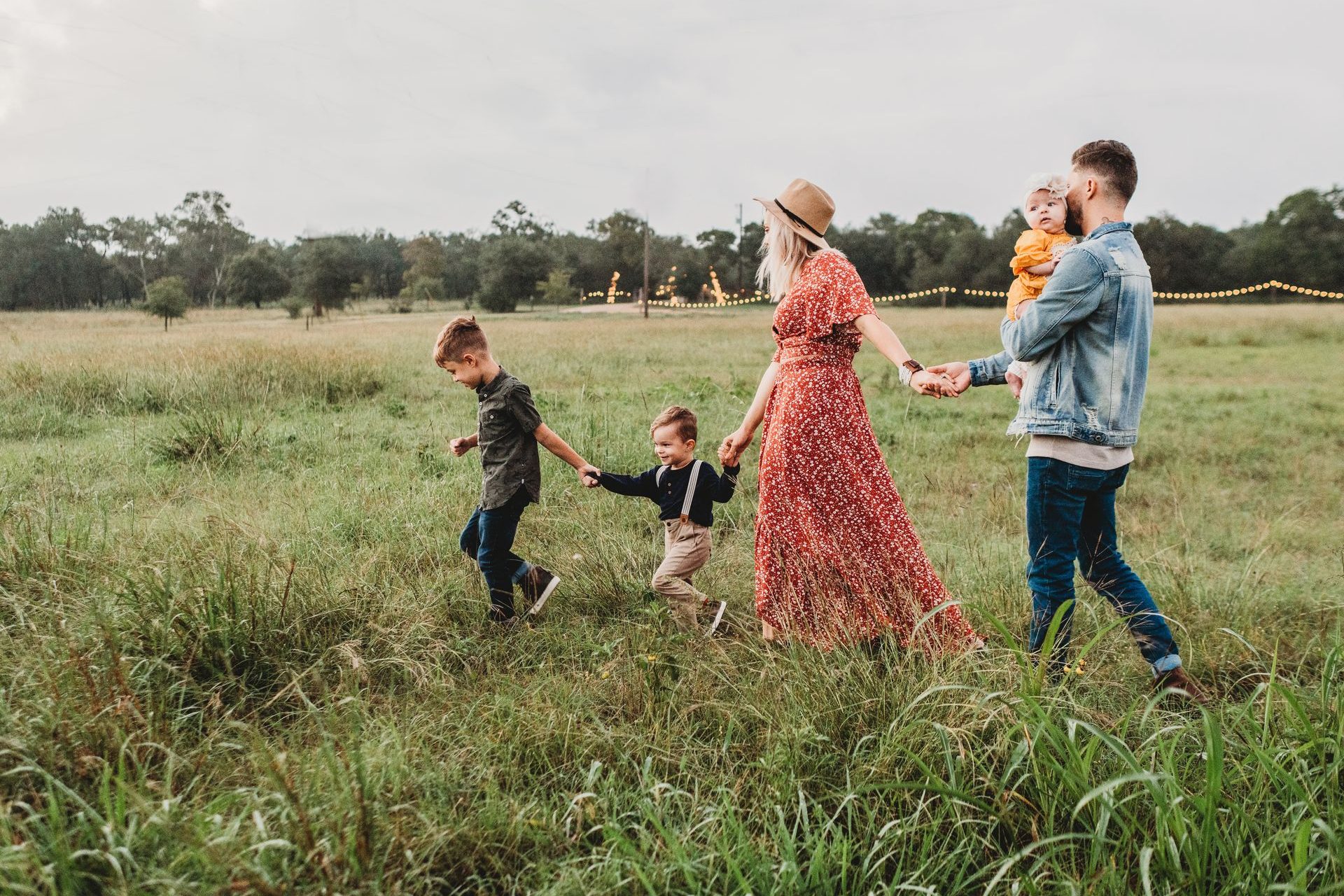Are you attached to your hometown? What psychology says place attachment means
While some are very attached to their place of origin, others prefer to flee it permanently. Whatever the case, the question rarely leaves one indifferent!
Our relationship to the place we grew up in is referred to as “place attachment” by environmental psychology, a stream of research that examines the relationships between individuals and the environments around them.
Photo: Everton Vila / Unsplash
Among these environments are, of course, the city or the village where we spent the first years of our lives. A relationship described as an “affective bond” by Karine Weiss, professor of environmental psychology at the University of Nîmes, cited by Slate.
Photo: Alexander Sinn / Unsplash
“Moreover, the concept comes from attachment as we know it in developmental psychology, that is to say the idea that the child becomes attached to reference people. Environmental psychology has modeled this concept a little on places,” indicates the specialist.
Photo: Jessica Rockowitz / Unsplash
For Karine Weiss, the relational dimension is the most important of the factors which determine individuals' attachment to place. Thus, people who are very attached to their hometown often use emotional vocabulary to talk about it.
Photo: Jim Thirion / Unsplash
Also cited by Slate, Patrick Rateau, professor of social psychology at the University of Montpellier, recalls the five functions that place attachment fulfills.
Photo: Jake Ingle / Unsplash
“Place attachment primarily fulfills a security function for the individual. There is then an instrumental function, that is to say the possibility thanks to this place of feeling pleasant emotions. There is also a function of continuity with the past: we seek to perpetuate positive experiences, we want to return to them,” explains this specialist.
“The fourth function is identity, it promotes a feeling of belonging to a community. Finally, there is a self-regulatory function, that is to say that the place allows you to recharge your batteries: it becomes a restorative environment thanks to the first two functions,” continues Patrick Rateau.
Photo: Jochen van Wylick / Unsplash
Thus, bad memories of the place where one grew up can associate it with negative emotions in adulthood. In this case, it no longer fulfills the instrumental and safety functions.
Photo: Jacqueline Day / Unsplash
Logical consequence: the individual will then seek to move away from this place, or even break away completely, unlike a person who associates it with positive emotions and who will seek to return there.
Photo: Salomé Watel / Unsplash
Karine Weiss goes in the same direction by emphasizing that attachment or, on the contrary, the absence of attachment to the place of origin is largely explained by the emotional and social past of individuals.
Photo: Matheus Ferrero / Unsplash
“Most of the time, people who are very attached to a place are those who are attached to the neighborhood, to the community. So I think that when it comes to places of origin, they often reflect the relationship you have with your family,” she explains.
This is, for example, the case of Clara, 25, cited by Slate, who explains her lack of desire to return to Reims due to difficult childhood memories: “It would be too emotionally heavy to return there,” says the young lady.
Photo: Reno Laithienne / Unsplash
The quality of social ties where we live remains important throughout life. According to a survey carried out by the Society and Consumption Observatory (ObSoCo), in France, “the quality of social ties appears to be the first factor of attachment” to the territory of residence.
Photo: Jade Masri / Unsplash
“What promotes anchoring, and what determines what arbitrations the French are or are not likely to make, is precisely the fact of appreciating the presence of other inhabitants and the social bond, because the quality of relationships greatly influences the attachment,” notes Agnès Crozet, Secretary General of ObSoCo.
Photo: Jacek Dylag / Unsplash
And you, are you attached to the place where you grew up? And to the one you live in, if it is not the same? Give your answer in comments!
Never miss a story! Click here to follow The Daily Digest.
Photo: Breno Assis / Unsplash
More for you
Top Stories





























